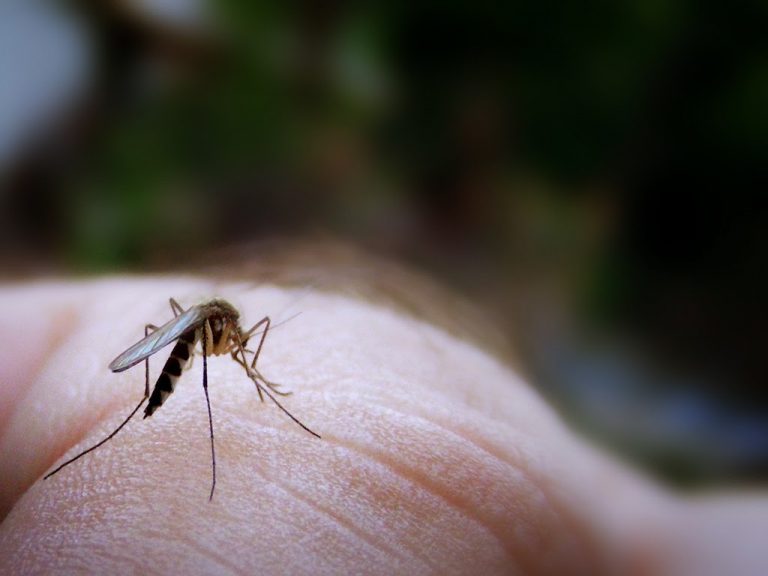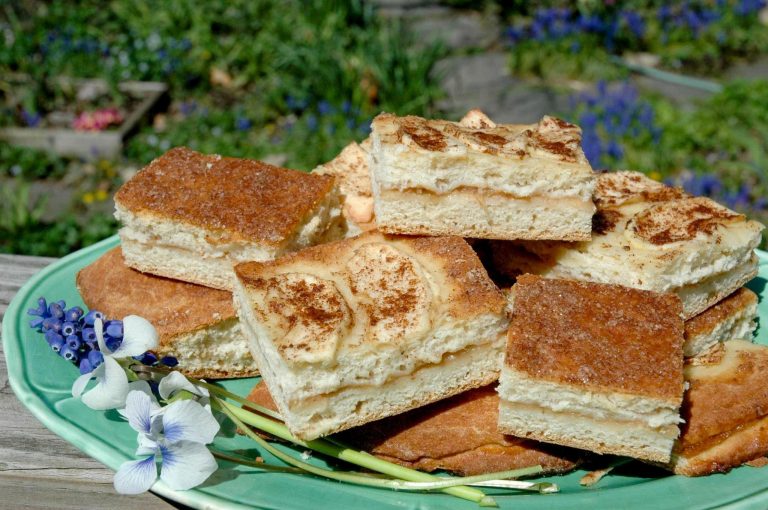Summer is the season of fun, flowers, sunny days, and long warm evenings. While enjoying glorious beach walks and sunsets with friends and loved ones, the refulgence of summer naturally enhances one’s mood. But there is a downside. Mosquitoes and their itchy bites.
Protecting your family with good insect repellent is crucial for keeping mosquitoes at bay. The following formulas will allow you to create your own natural mosquito repellent using trusted aromatherapy oils.
Used topically or as a spray in your home, these powerful repellents will drive annoying mosquitoes and other bugs far away.
Cinnamon oil spray

Around two thousand years ago, procuring cinnamon was quite a mission, especially if you were looking for quality cinnamon bark. You needed to venture into Arabian land, find the great Cinnamologus bird, the one that makes its nest from the fruit of the cinnamon tree, and then knock down its nest with a slingshot. That was according to the Arabian traders who cleverly shrouded the source of the sought-after spice in mystery, thereby successfully driving up its price.
The fragrance of Cinnamon is sweet, spicy, and nostalgic. According to a study conducted in Taiwan, cinnamon oil can kill mosquito eggs. It also acts as a repellent against adult mosquitoes, particularly the Asian tiger mosquito.
Success
You are now signed up for our newsletter
Success
Check your email to complete sign up
Ingredients:
2 teaspoons cinnamon oil or extract
60 mL water
Spray bottle
Method
Combine the cinnamon oil or extract and water in the bottle and shake well.
Spray the mixture onto your skin as often as needed.
Citronella oil spray

Citronella oil is an essential oil distilled from lemongrass or Cymbopogon. The fragrant plant has many uses, medicinally and cosmetically. Citronella essential oil is known to inhibit or prevent the development and spread of airborne bacteria. It contains geraniol, citral, citronellal, and limonene, making it a potent mosquito repellent. Its floral, citrus-like aroma is a “happy” fragrance that helps to ease and uplift negativity, reducing tension and anxiety.
Ingredients:
10 drops citronella oil
10 mL alcohol or vodka
90 mL water
Spray bottle
Method
Pour the alcohol and water into the spray bottle and then add the citronella oil. Mix thoroughly. If you want to, you may squeeze a few drops of citrus juice into the mixture. Spray onto exposed skin twice or thrice a daily.
Lemon eucalyptus oil blend

Lemon eucalyptus oil has been used since the 1940s. It is one of the more well-known natural insect repellents. The oil contains trace amounts of citronella. Citronella has been used In China, Sri Lanka, and Indonesia for centuries to treat rashes, as a soothing agent for pain, infections, and inflammation, while p- Menthane-3,8-diol is a harmless substance derived from eucalyptus plants. It is great for repelling insects. The combination of Citronella and p-Menthane-3,8 diol creates a powerful mosquito repellent.
Ingredients:
2 teaspoons lemon eucalyptus oil
90 mL carrier oil, such as jojoba oil or sweet almond oil
A 100 mL lidded jar or bottle
Method:
Caution: Remember to do a patch test before any application.
Pour both lemon eucalyptus oil and the carrier oil into the jar and put the lid on. Shake gently. For an extra fresh scent, add a few drops of lemon, orange, or lime juice. Apply the balm to the arms, legs, and feet.
Lavender and vanilla spray

It may be loved by little old ladies, but lavender contains compounds highly repellent to mosquitoes. Essential lavender oil has eucalyptol, linalool, limonene, and camphor; all of which will chase bugs away.
When vanilla orchids were brought to Europe, the vines grew and produced flowers, but no pods. Turns out that this orchid has only one natural pollinator — a small bee only found in Mexico. Vanilla production flourished In the 1800s, thanks to hand-pollination methods which continue to be used to this day. Vanilla extracts release a sweet, warm, and comforting fragrance. Vanilla is another effective mosquito repellent, as the scent reliably deters the insect.
Ingredients:
12 drops lavender oil or fresh lavender flowers
4 tablespoons vanilla extract
4 tablespoons lemon juice
500 mL water
Spray bottle
Mix the lavender oil, vanilla, and lemon juice in a bowl, and then add the water. Transfer the mixture into the spray bottle and shake the mixture well before each use. Spray the mixture liberally on all exposed areas of the skin.
Neem and coconut oil spray

Neem oil comes from the Indian lilac seeds of the tropical neem tree. It is used in a variety of ways. The oil has a very potent odor that chases mosquitoes away at once. The oil becomes even more powerful when combined with coconut oil. Studies show that neem oil is so strong that it also kills the mosquito’s eggs.
For years, the toxic insect repellent DEET has been the “gold standard” when it comes to warding off mosquitoes. However, recent research indicates that coconut oil may be an even more effective natural alternative.
Ingredients
10 drops neem oil
30 mL coconut oil
50 mL vodka
250 mL hot water
Spray bottle
Method
In a bowl, mix both oils then add the vodka. Mix well together and then pour the hot water into the mixture. Use boiling water to mix the oil and alcohol smoothly. Allow the mixture to cool off. Afterward, transfer the mixture into the spray bottle. Shake the bottle well before every use and spray onto exposed skin. Re-apply at will.















